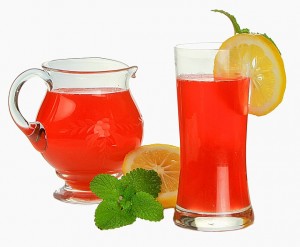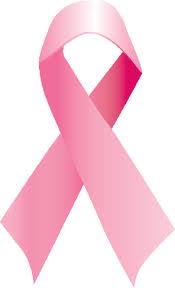 Are you hosting a BBQ this summer for your friends and family? Maybe you’re planning a great summer supper with all of your favorite seasonal ingredients. If you’re like us, we love hosting get-togethers and fun parties for our loved ones in the summer. You enjoy planning the event, picking out the right dishes to serve, and creating signature drinks for your guests to enjoy.
Are you hosting a BBQ this summer for your friends and family? Maybe you’re planning a great summer supper with all of your favorite seasonal ingredients. If you’re like us, we love hosting get-togethers and fun parties for our loved ones in the summer. You enjoy planning the event, picking out the right dishes to serve, and creating signature drinks for your guests to enjoy.
For a refreshing alternative to cocktails and punches, how about offering some delicious fruit waters to your guests? These waters are not only great for staying hydrated in the sun, but they’re also great for those guests who may not drink alcoholic beverages or want a “lighter” libation alternative.
Here are some great fruit waters to make and serve at your next summer party:
Cinnamon Apple Water
For a great water that both adults and kids alike will enjoy, mix up a pitcher of cinnamon apple water. Cut up your favorite apple—or add a few different varieties—and sitr in some fresh cinnamon and cinnamon sticks, place your water pitcher in the fridge for a few hours, and you’re all set! This water is perfect for sipping at parties, as well as when you’re lounging by the pool or sitting on the beach. You’ll stay hydrated, fuller longer, and cleansed of harmful toxins.
Cucumber, Ginger, and Lemon Delight
Cut up some cucumber, wedge lemons, slice up fresh ginger, and add all of your ingredients to a large pitcher of ice water. The cucumber and citrus not only give this fruit water a great flavor, but these ingredients also have detox properties that cleanse the body of toxins, stimulates fat burn, and boosts your metabolism.
Watermelon Refresher
Who doesn’t love biting into a juicy watermelon when it’s hot and sunny outside? This watermelon drink is suitable as an everyday treat, or a crowd pleaser at your next outdoor dinner. Slice up and muddle some watermelon—and remember to take out the seeds first! You can even create watermelon or mint ice cubes to include in your pitchers for a tasty and visually stunning surprise. Watermelon keeps your liver and kidneys clean and healthy, making this fruit water one of the best choices to include on your beverage table.
Triple Berry Threat
This one is a true favorite of ours. If you’re hosting a party, a bridal shower, a dinner with friends, or even your kids’ birthday parties this summer, try making this tasty fruit water. Slice up some local strawberries, pop in some fresh blueberries, and add in ripe raspberries to a pitcher of cold water. Add berry or mint ice cubes to the water, and voila: an instant hit. Hosting a party? Berries are known for their cancer- and age-fighting properties, so you’ll help stave off cancer and keep your skin beautiful and clean this summer!
Have a favorite fruit water recipe you love? Share the recipe with us below.






